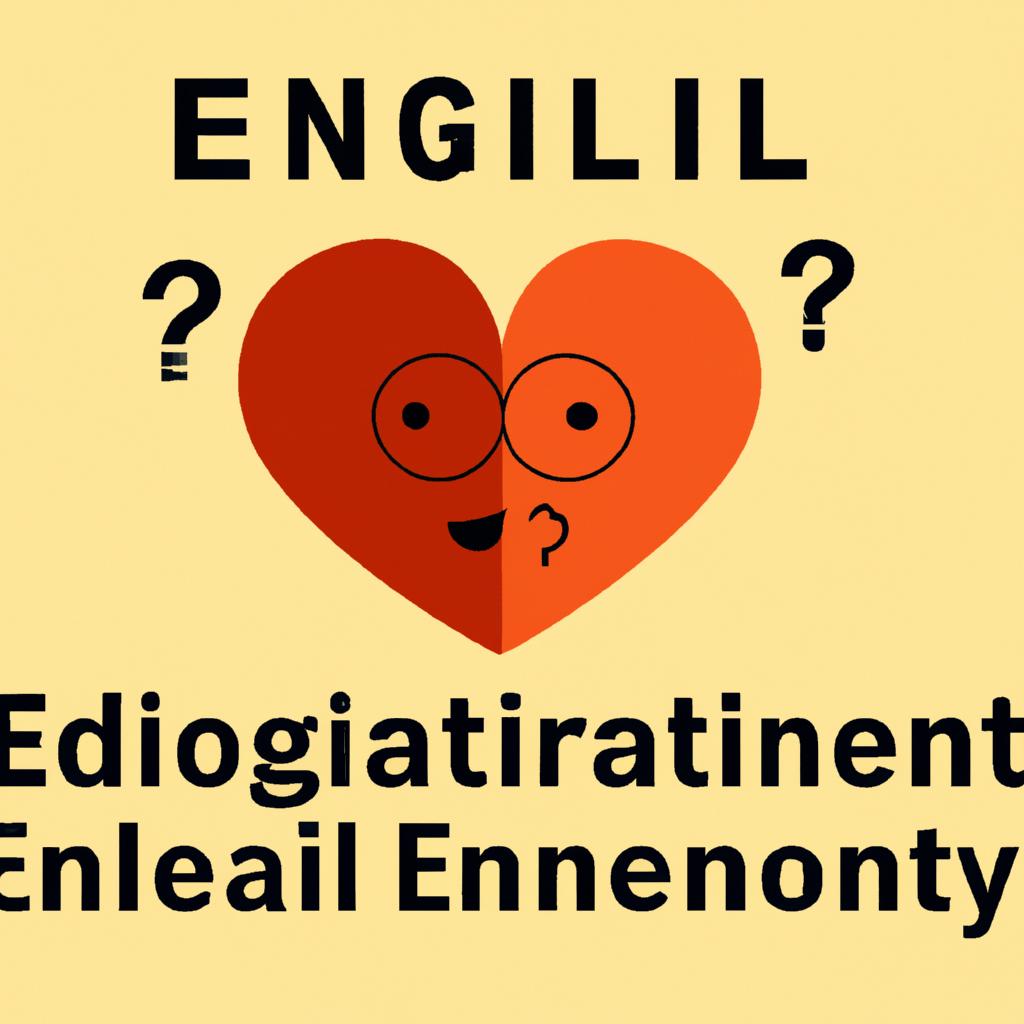In the grand gallery of our human cognition, there sits an often overlooked masterpiece, a priceless work of interconnected intricacies – our Emotional Intelligence. This is not the realm of rote learning or binary codes; no, this is the captivating land where our heartbeats dance with our neural pathways. This magnificent bridge between emotion and cognition is a critical part of our abilities to learn, process, and indeed to function. Weaving together compelling research and insightful anecdotes, we delve into the compelling world of Emotional Intelligence, illuminating how it forms the pulsating, dynamic heart of effective learning. Not merely a mental exercise, learning, as you’ll discover, is a deeply emotional process, painted with the breathtaking hues of hope, determination, fear, curiosity, frustration and joy. Welcome, fellow explorers, on this remarkable journey into the heart of effective learning. Understanding Emotional Intelligence: The Underlying Factor of Success
In the domain of learning and development, emotional intelligence (EI) has emerged as a critical factor for success. Often touted as an antidote to IQ’s limitations, Emotional Intelligence involves a broad spectrum of skills – from self-awareness to empathy, from handling relationship dynamics to managing one’s own emotions. These abilities don’t just empower individuals to navigate difficult situations; they also function as key drivers for effective learning. Studies indicate that individuals with high EI tend to excel in communication, decision-making, and problem-solving - all essential skills for productive learning.
Consider the foundation that EI lays for Effective Learning. Rather than focusing solely on the accumulation of knowledge, effective learning emphasizes the importance of understanding, applying, and communicating what has been learned. Here enters the realm of Emotional Intelligence with its portfolio of metacognitive skills. The ability to control emotions, for instance, can lead to enhanced concentration and better problem-solving abilities. Likewise, a reflective awareness of one’s emotional state helps in understanding the learning process better, often leading to improved retention and application.
Delving Deeper: The Correlation Between Emotional Intelligence and Effective Learning
The correlation between emotional intelligence and effective learning isn’t a mere notion, it’s backed by numerous researches. A study published in the Journal of Education and Practice established that students with higher emotional intelligence exhibit better academic performance as compared to their peers with lower EI scores. Why? Because they have developed the ability to manage stress and to remain calm under pressure. Let’s take a broader view at the correlation:
| Emotional Intelligence Skills | Impact on Learning |
|---|---|
| Self-awareness | Leads to an understanding of one’s learning style, and the ability to adapt to new learning contexts. |
| Self-regulation | Helps manage distractions and maintain focus, necessary for productive learning. |
| Motivation | Drives learners to persevere, setting and achieving goals despite obstacles. |
| Empathy | Facilitates understanding of different perspectives which is a key to collaborative learning. |
| Social Skills | Enhances communication and collaboration, fostering a positive learning environment. |
Honing Your Emotional Intelligence: Techniques for Enhanced Learning
Improving emotional intelligence is akin to digestion; just as our body takes time to break down food, our mind and emotions also need time to understand and respond. But with right techniques and consistent practice, you can sharpen your EI skills. Start by practicing mindfulness, which helps increase self-awareness. Embrace reflective thinking to understand your emotions and your reactions to certain situations. Foster empathy by consciously trying to understand things from others’ perspectives. Lastly, work on your interpersonal skills as these facilitate clear and effective communication, promoting a better learning experience.
Toward a Brighter Future: The Indispensable Role of Emotional Intelligence in Modern Learning
As we tread towards a future dominated by Artificial Intelligence and automation, Emotional Intelligence will hold the key to differentiation and success. Modern learning panacea lies not just in acquiring technical knowledge, but also in harnessing soft skills, honed by emotional intelligence. By developing emotional intelligence, learners equip themselves with a type of ‘future-proof’ skill set, that transcends technological advances and maintains its relevance in the ever-evolving landscape of life-long learning. Indeed, the role of EI is indispensable, making it truly the heart of effective learning.
In an evolving, interconnected world, arming ourselves with facts, figures and theories alone are no longer enough. The edge will be found, not in the mere acquisition of knowledge—but in its enlightened application. This is precisely where emotional intelligence takes the center stage. It’s the divine instrument that tunes us into the symphony of life, empowering us to dance to its highs and lows, in perfect rhythm. As we move forward, remember that it’s not always about being the smartest in the room, but about knowing how to make the room smarter with our presence. So let’s wear our emotional intelligence like a badge, using it as our guide through the maze of learning and human interactions. Remember, the heart of effective learning isn’t just in the mind—it’s also in the heart itself. We are not just beings of thought, but creatures of emotion.



